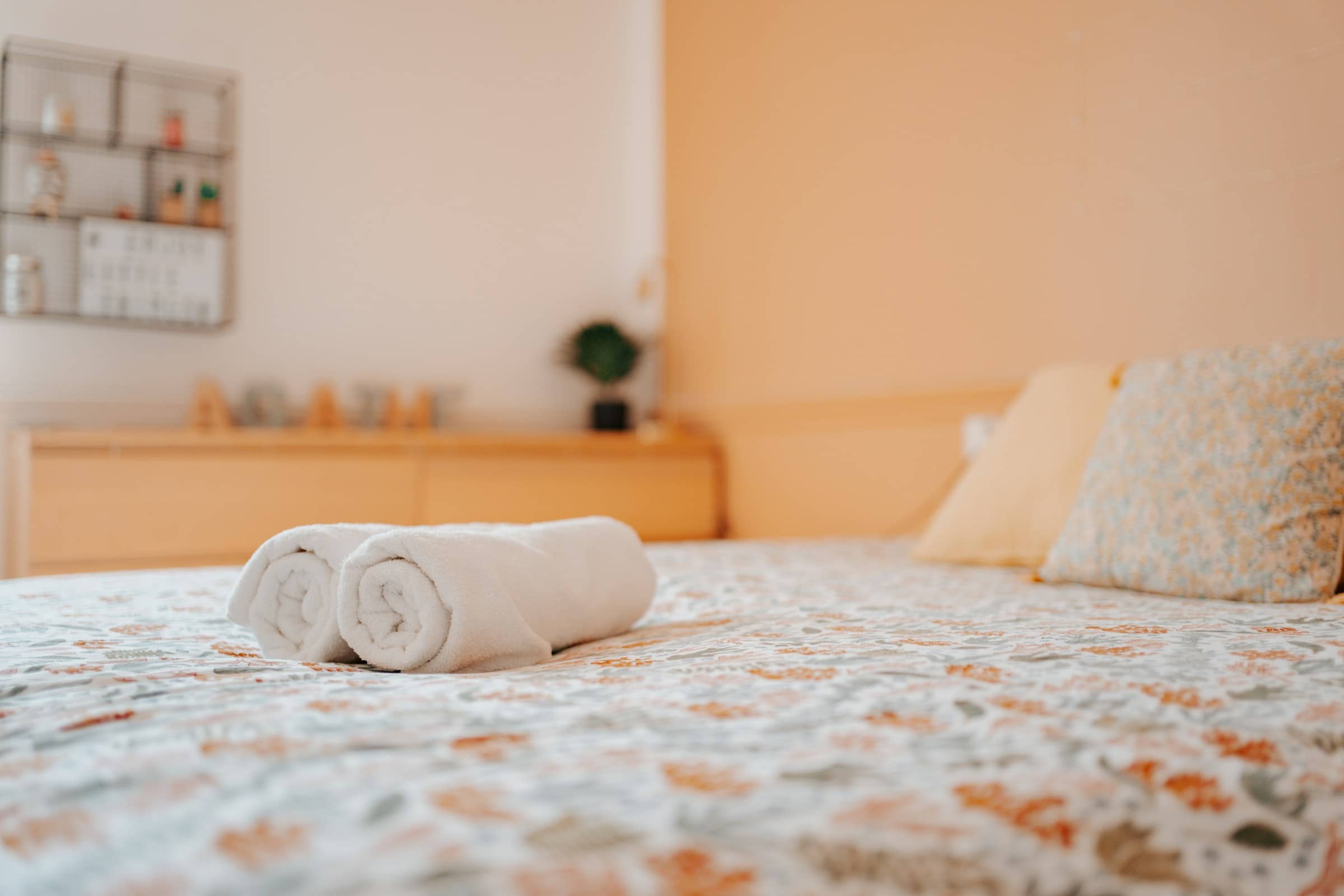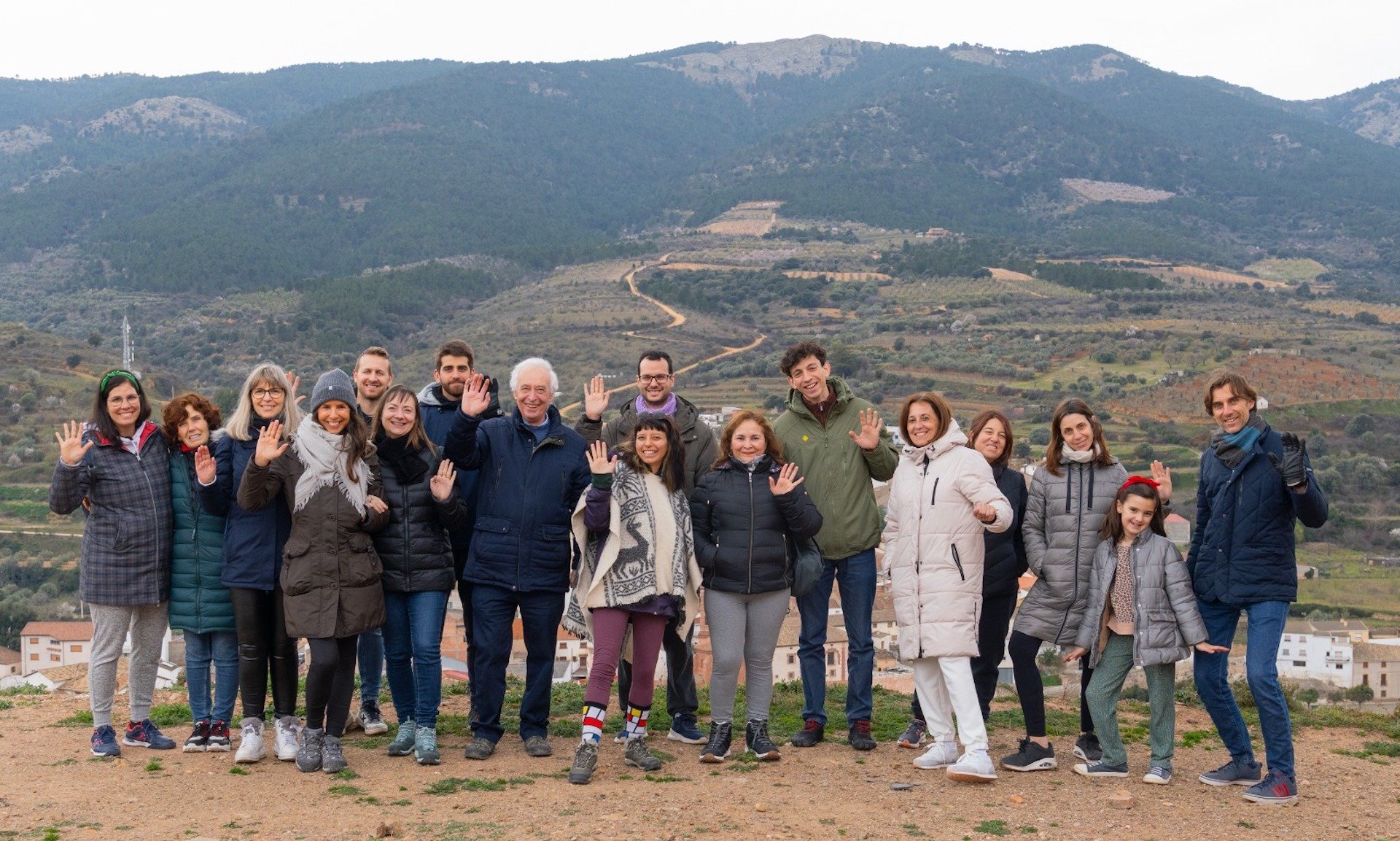9 Life-Changing Shifts That Will Make Decluttering Easier
Most people don’t quit decluttering because it’s physically hard. They quit because it’s emotionally hard. They start with a trash bag, a free afternoon, and the best intentions—and then somewhere between the closet and the garage, they get stuck....


Most people don’t quit decluttering because it’s physically hard. They quit because it’s emotionally hard. They start with a trash bag, a free afternoon, and the best intentions—and then somewhere between the closet and the garage, they get stuck.
But decluttering doesn’t have to feel like an uphill battle. With a few small shifts in how you approach it, the process can become lighter, quicker, and far more freeing than you thought possible. Maybe not “easy” (I wouldn’t go that far…), but definitely our mindset can make it easier.
Here are nine simple shifts that will finally make decluttering easier.
1. Start in the easiest possible place.
Most people begin in the hardest, most emotionally loaded areas of their home—photos, keepsakes, family memorabilia. It feels noble to start there, but it’s a guaranteed recipe for burnout. Instead, begin where the decisions are a bit easier: the bathroom , the pantry, your bedroom.
Small wins create momentum, and momentum is what carries you through the harder spaces later. Think of it as training your decluttering muscles before the heavy lifting begins.
2. Ask for help instead of hiding the struggle.
Clutter often feels private, so we try to tackle it alone. But isolation only makes the process heavier. Invite someone into it—a spouse, a friend, even an online community. Let them sit with you while you sort, or haul the donation boxes away when you’re done.
You don’t have to carry this weight alone. Decluttering is easier when you let others lend their calm, their energy, and sometimes their courage.
3. Face the real questions your stuff is asking.
Every item in your home has a story and a question attached to it: Why did I buy this? Why am I keeping it? What does it represent?
Avoiding those questions doesn’t make them go away—it just makes the pile grow. When you slow down and honestly answer, you begin to see patterns in your habits and fears. You discover that decluttering isn’t really about your things. It’s about your life—and what you want from it next.
4. Set a finish line.
The belief that “this will never end” quietly kills motivation. Who wants to start a project they don’t believe they can finish? The truth is, decluttering is finite. You can absolutely complete it. Break it into manageable pieces and give each one a deadline: “By the end of this week, the closet will be done.”
Antoine de Saint-Exupéry once said, “A goal without a plan is just a wish.”
Small finish lines create urgency, and urgency creates action. Every completed space becomes proof that you can finish the rest.
5. Let go of “just in case.”
We hold on to countless things under the banner of “just in case.” Old chargers, backup gadgets, clothes that might fit again someday. But most of those items aren’t saving us—they’re weighing us down. Ask yourself: Is this object serving me today, or is it just storing my fear? The goal isn’t to be reckless; it’s to be real. Keep what serves you, not what suffocates you.
6. Stop trying to fix your life through your stuff.
It’s easy to believe that owning certain items will finally make us feel complete—a piece of furniture, a tool, an outfit, a book. But if those things didn’t change your life when you bought them, they won’t change it now by sitting in your closet. Letting them go isn’t failure. It’s freedom. It’s saying, “I am not defined by what I own, or by what I thought I’d become.”
7. Redefine what “progress” looks like.
We tend to measure success by how much we’ve removed. But progress isn’t always a full trash bag—it’s a moment of clarity, an emotional release, a new decision about what truly matters. Every drawer sorted, every mindset shifted, every “I don’t need this anymore” is progress. Celebrate it. Progress keeps you moving; perfection stops you cold.
8. Rest without quitting.
Decluttering fatigue is real. The physical and emotional effort of decision-making can drain anyone. The trick is to rest, not stop. Step away for a few hours, go outside, drink water, breathe. Then come back. The happiest finishers aren’t the ones who never get tired—they’re the ones who rest and return.
9. Focus on the life you’re making space for.
Decluttering isn’t about loss—it’s about gain. You’re not just removing stuff; you’re creating room for peace, for energy, for people you love, for activities that bring you alive. The more you picture the life you want on the other side of clutter, the easier every decision becomes. You’re not letting go of the past—you’re making space for the present to finally breathe.
Decluttering gets easier when you stop making it harder. Start small. Ask for help. Tell yourself the truth. Set boundaries with your stuff. And above all, remember what you’re really working toward: a lighter home, a clearer mind, and a life that finally fits you back.

 MikeTyes
MikeTyes 































